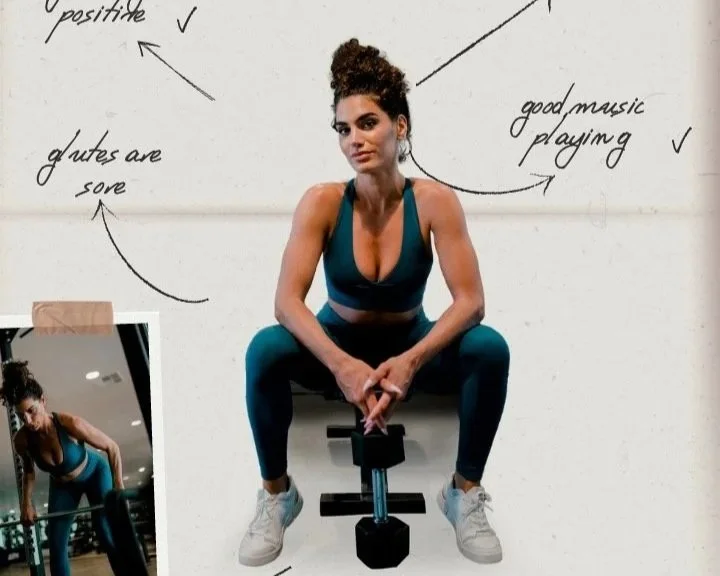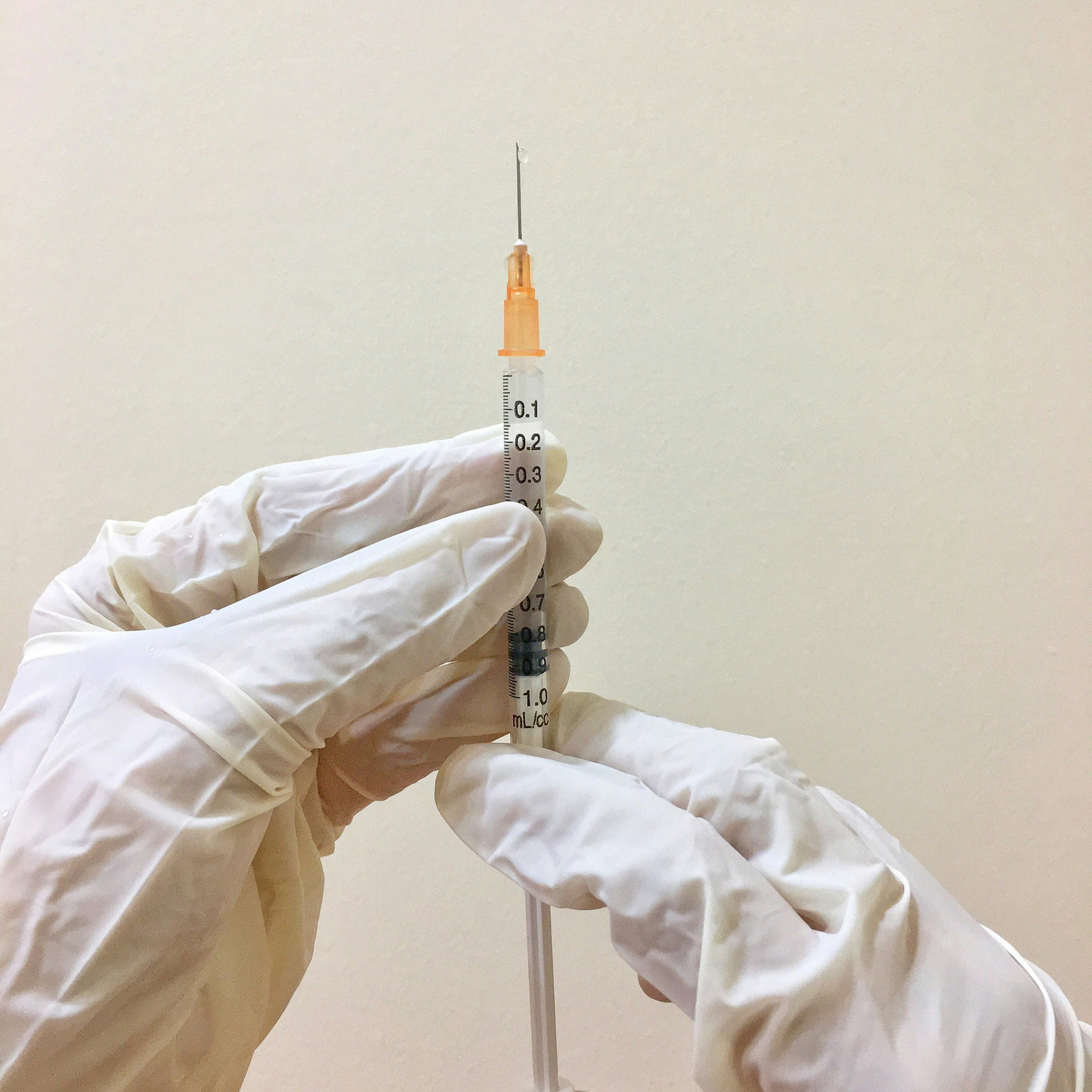Reverse Dieting After Menopause: A Nutrition and Fitness Strategy
Weight management can be particularly challenging during and after menopause due to hormonal shifts and metabolic changes. Reverse dieting can be a powerful tool in this context.
Understanding Reverse Dieting
This involves gradually increasing your caloric intake after a period of calorie restriction. This helps to boost your metabolism, prevent metabolic adaptation (slowing of metabolism), and improve your body composition. It also addresses the potential for hormonal imbalances that can interfere with weight loss during menopause.

Nutrition and Exercise Recommendations
Prioritize protein: Maintaining adequate protein intake is essential for preserving muscle mass and supporting a healthy metabolism during menopause
Strength training: Incorporate strength training into your exercise routine. This helps to build and maintain muscle mass, which increases your resting metabolic rate
Manage stress: Chronic stress can negatively impact your hormones and metabolism, making weight management more challenging. Incorporate stress-reduction techniques into your routine like this short breathe work series

Ready to reclaim your health and well-being after menopause?
Let's create a personalized nutrition and fitness plan tailored to your needs.

Follow Amanda Hart for free fitness tips





































